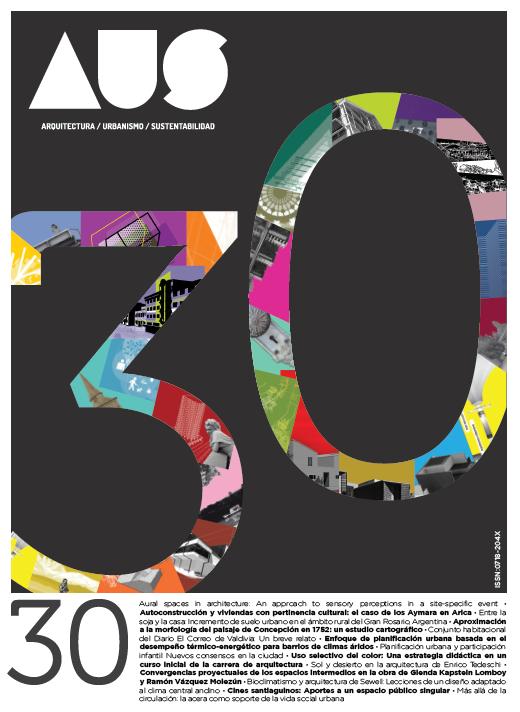Urban planning approach based on thermal-energy performance for arid climate neighborhoods
Main Article Content
Abstract
Urban planning is a complex activity that considers multiple approaches. Performance-Based Planning (PBP) emerges as an efficient and effective alternative to achieve the desired results. This approach helps to identify which objectives should be dealt with to reduce the environmental impacts generated by urban areas. The present article implements the PBP to establish design recommendations that optimize the thermal-energy behavior of residential neighborhoods in arid climates. Through a methodological process of selection and thermal monitoring of case studies, thermal simulation, and energy use estimates, a cause-effect relationship matrix was generated between descriptors and indicators of the urban shape and the relevant thermal impact. The results show that the urban recommendations will be different depending on the thermal behavior variable selected to work with (maximum, minimum, average), since it is not always possible to give a univocal answer to the objectives set.

